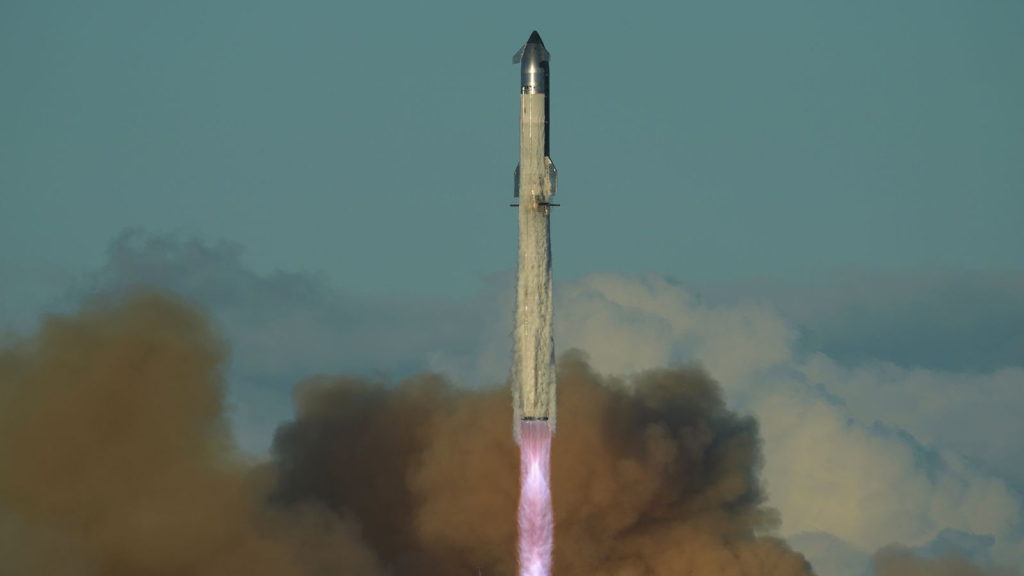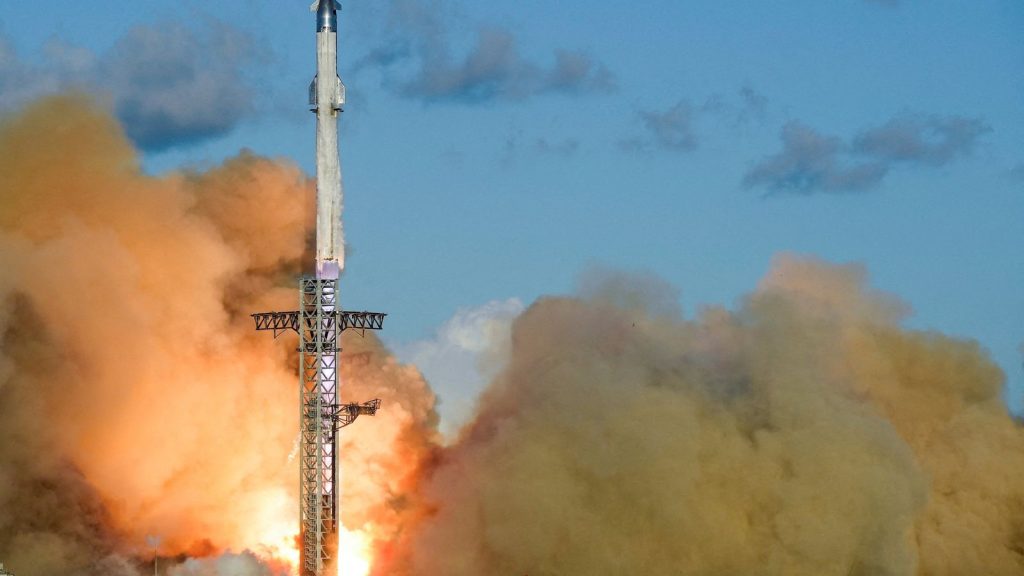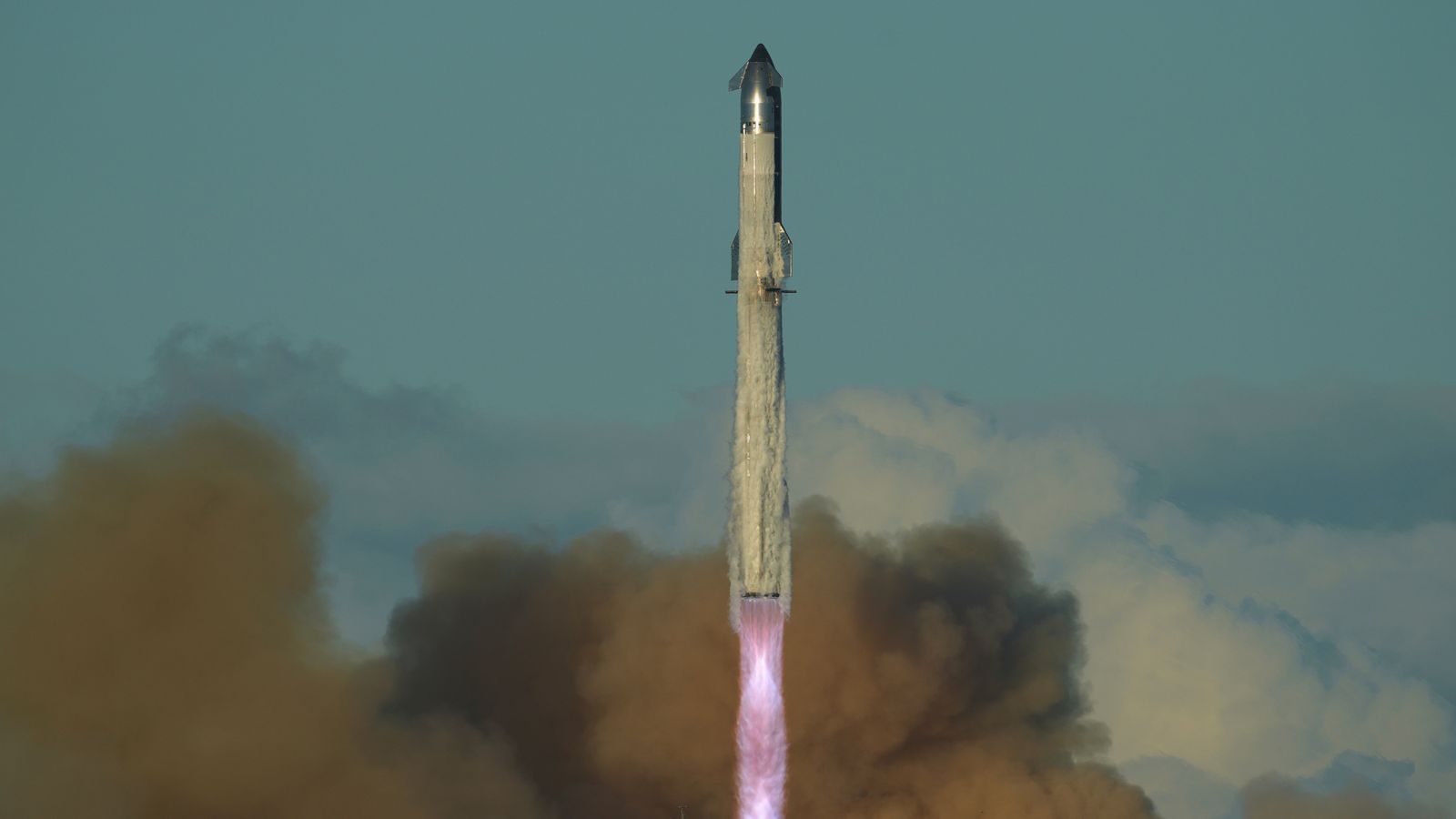Europe’s leading aerospace firms have agreed to merge their satellite manufacturing and servicing divisions, creating a powerful new consortium aimed at competing with global heavyweights such as Elon Musk’s Starlink. The alliance represents the most ambitious consolidation of Europe’s space assets since the formation of missile manufacturer MBDA in 2001.
Under the deal, Airbus and Thales of France will partner with Italy’s Leonardo to form a Toulouse-based joint venture, expected to begin operations in 2027. The collaboration—currently known under the codename “Project Bromo”—will employ approximately 25,000 people and generate €6.5 billion ($7.6 billion) in annual revenue, based on 2024 estimates.

French Finance Minister Roland Lescure described the agreement as a step toward reinforcing “European sovereignty in a context of intense global competition.” The initiative aligns with the EU’s broader ambition to reduce dependence on U.S. and private sector networks for secure communications and satellite infrastructure.
Eutelsat, the French satellite operator and owner of OneWeb—Starlink’s closest European rival—welcomed the deal but cautioned that efficiency gains should “benefit us as a key customer,” signalling early concerns about monopolistic behavior or uneven power distribution within the new consortium.
For decades, Europe’s aerospace companies specialized in large, expensive geostationary satellites orbiting far from Earth. However, this high-cost model has come under severe pressure from the rise of low-Earth orbit (LEO) constellations—smaller, cheaper, and faster to deploy. SpaceX’s Starlink, which now dominates the LEO market, recently celebrated the launch of its 10,000th internet satellite, though only about 8,608 remain operational, according to data from astrophysicist Jonathan McDowell.

Starlink’s rapid expansion has been fueled by SpaceX’s lucrative partnerships with NASA and its growing role in defense, security, and global communications. The system’s integration into military operations—especially in Ukraine—has underscored both its strategic importance and the geopolitical risks of private-sector control over critical infrastructure.
Since Russia’s 2022 invasion of Ukraine, Starlink has provided vital connectivity to Ukrainian forces. However, Musk’s influence over the system has periodically sparked controversy. Reports surfaced in early 2025 suggesting the U.S. had threatened to curtail Starlink access unless Ukraine reached a deal on critical minerals—a claim Musk denied. Still, the mere possibility that a U.S. tech billionaire could disrupt Europe’s wartime communications alarmed policymakers across the continent.

That anxiety deepened after revelations that Musk had previously restricted Starlink coverage during Ukraine’s 2022 counteroffensive in Kherson—raising concerns about the political neutrality and accountability of commercial space networks.
Executives behind Project Bromo have pledged to design a non-rotational, merit-based governance structure, seeking to avoid the bureaucratic infighting and national rivalries that once plagued Airbus. However, details remain scarce, and analysts warn that ensuring fair representation among stakeholders without repeating past inefficiencies will be a critical test of the venture’s credibility.



